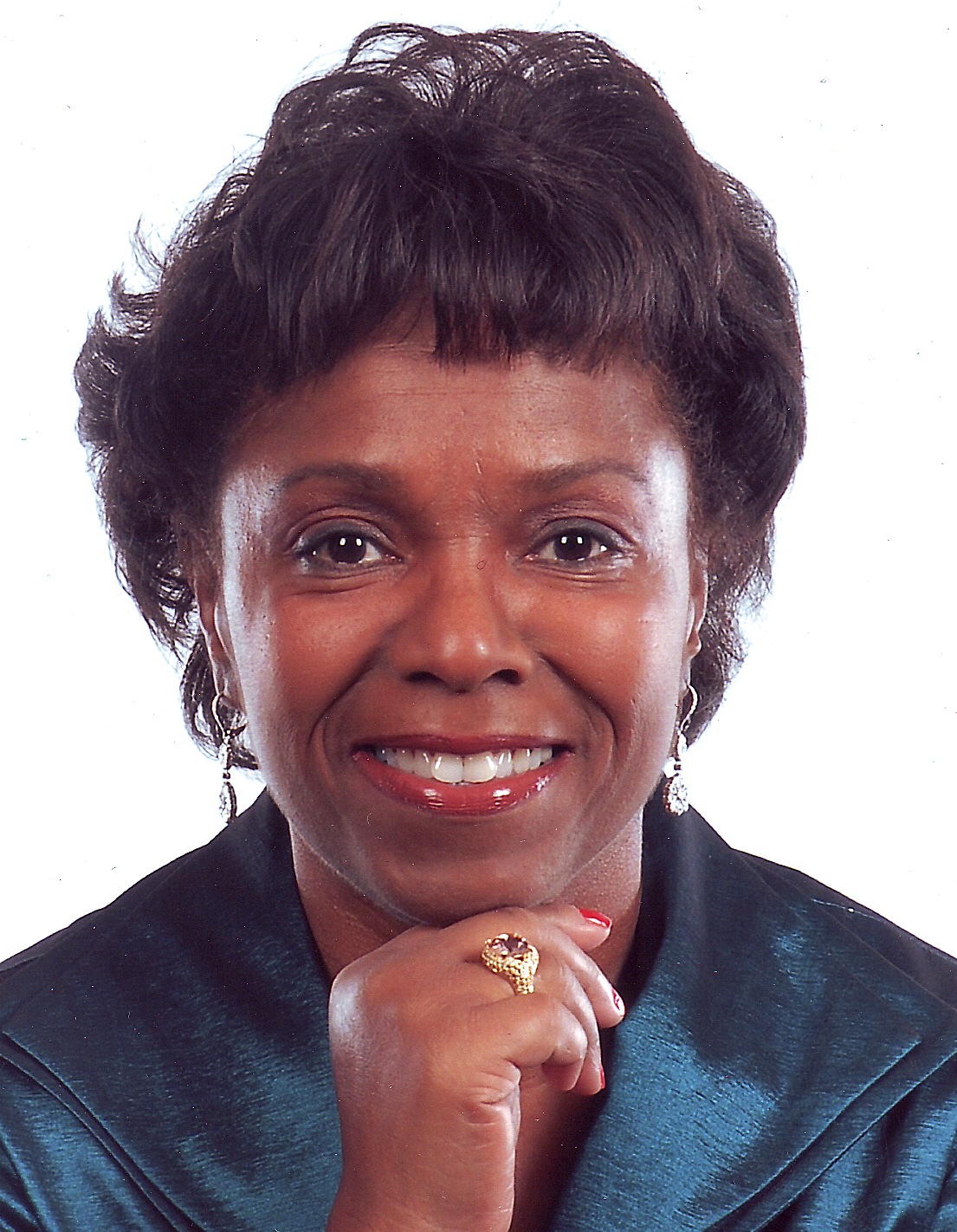 by Stephanie Johnson Monroe, Director of the African American Network Against Alzheimer’s
by Stephanie Johnson Monroe, Director of the African American Network Against Alzheimer’s
African Americans experiencing health disparities is not new. In fact, according to former Surgeon General of the United States and Honorary Chair of the African American Network Against Alzheimer’s, Dr. David Satcher, race based health disparities in the United States are both “pervasive and persistent”, costing the nation millions of dollars in medical costs, lost productivity and at least 80,000 lives each year. What is new is the recognition that Alzheimer’s disease is a substantial, but often under appreciated health disparity for older African Americans – exacting an unsupportable cost and burden on an already vulnerable community.
African Americans are at least twice as likely to develop Alzheimer’s as non-Hispanic white Americans. While Alzheimer’s is the 6th leading cause of death for all Americans, it is the 4th leading cause of death for older African Americans. Nationally, estimates show that the economic burden of Alzheimer’s is comparable to those of heart disease, cancer and diabetes. Yet we are not devoting proportionate resources to its research, education, prevention, care and treatment.
The recently launched African American Network Against Alzheimer’s (AANAA) was formed to bring together individuals, organizations and communities committed to ending Alzheimer’ disease and to publicizing the staggering fact that African Americans are two to three times more likely to develop Alzheimer’s disease than non Hispanic white Americans. If this disparity is ignored, inevitably it will lead to catastrophic consequences for African Americans, some of which have already begun to be experienced.
A new report released by the AANAA finds that African Americans bear more than 30% of the costs of Alzheimer’s and dementia care, although they make up less than 14% of the U.S. population – with these costs topping $71 billion in 2012 alone. This economic burden on African Americans is stunning and out of proportion with even the increased prevalence of Alzheimer’s on this population group. According to researchers from Johns Hopkins Bloomberg School of Public Health, as this population ages we may in fact see one in two older African Americans with cognitive impairment, making Alzheimer’s one of the greatest public health challenges facing African Americans.
The African American community has the power and responsibility to “Stand Up and Speak Out” to compel political, industry, and scientific leaders to come together to devote the necessary resources for research and to change the systems that slow the development and availability of promising treatments. We recognize the challenging fiscal pressures facing Washington, but believe the moral imperative to finding an effective treatment or cure for Alzheimer’s must take precedence. A strong investment now in prevention research, public education and improving and expanding the availability of high quality care could drastically change the trajectory of this disease and its unsupportable burden on the African American community as well as the entirety of our nation.
In addition to funding, it is essential that policy makers, individuals, and communities embrace the National Plan to Alzheimer’s Disease’s recognition of the devastating impact from underrepresentation of minorities in research trials. Lives are saved everyday due to discoveries made in clinical trials. Yet, African Americans, who stand to benefit significantly from medical research, are reluctant to participate and are therefore often underrepresented (sometimes less than 2 percent minority participation) in important medical research to find treatment and therapies for the very diseases that most impact them. This under-participation makes it difficult to assess how new drugs will affect African American patients and ultimately, makes it harder to resolve disparities in health. Achieving the goal of increased minority participation in research will require engagement of government, industry, patients, physicians, community and faith-based organizations and other stakeholders. This is a major priority for the AANAA which will work to facilitate the development of clear, coordinated, community-based, family-centered strategies to ensure robust African American participation in forthcoming clinical trials in order to “overcome” this disease.
Finally, the lack of a timely and accurate Alzheimer’s diagnosis is a major impediment to patients, and especially to African Americans. Current estimates indicate that only about half of all patients with Alzheimer’s ever receive such a diagnosis, and the picture is even worse for African Americans who tend to be diagnosed later if at all. The absence or significant delay of a diagnosis forces patients to travel a tortuous, expensive and emotionally draining journey as they seek to understand their condition and treatment options. The Health Outcomes Planning and Education (HOPE) for Alzheimer’s Act (S.709/H.R.1507) will establish a comprehensive Alzheimer’s diagnosis and services benefit for Medicare beneficiaries where an Alzheimer’s evaluation is warranted. Much broader than simply providing medical services, the HOPE Act would authorize valuable care planning services for the beneficiary as well as his/her personal representative or family caregivers. Such planning and supports have been shown to help alleviate the immense stress that Alzheimer’s places on family caregivers and may help caregivers to care for their loved ones in the home for a longer period of time.
The African American Network Against Alzheimer’s is the first national network created specifically to respond to Alzheimer’s disease and its disparate impact on African Americans. By working nationally, locally and through strategic partnerships, the AANAA will raise awareness of the critical need for additional research investments, work in communities to increase participation in clinical trials by under-represented minorities, and advocate in Washington for legislation that can make a difference in the lives of millions of families and individuals impacted by Alzheimer’s disease.
To join or learn more, please visit: www.AfricanAmericansAgainstAlzheimers.org
Stephanie Johnson Monroe is the Director of the African American Network Against Alzheimer’s, which unites and mobilizes the powerful voice of the African American community to speed the pace of research and build real momentum to end Alzheimer’s disease. The African American Network Against Alzheimer’s is an initiative of USAgainstAlzheimer’s.
An attorney with decades of Legislative and Executive Branch experience, Monroe served as Assistant Secretary of Education from 2005 until 2009. In that position, she was the Secretary of Education’s primary adviser on civil rights issues and responsible for the Office for Civil Rights (OCR), a 600-person division in the U.S. Department of Education with twelve offices located across the United States. Prior to serving in the Executive Branch, Monroe worked on Capitol Hill for 25 years including as Chief Counsel for the U.S. Senate Committee on Health, Education, Labor and Pensions under the Chairmanship of Senator Judd Gregg and more than a decade as Chief Counsel and Staff Director for the Senate Subcommittee on Children and Families.
Disclaimer: The views in guest essays are those of the authors and do not necessarily reflect the views of the LEAD Coalition.

